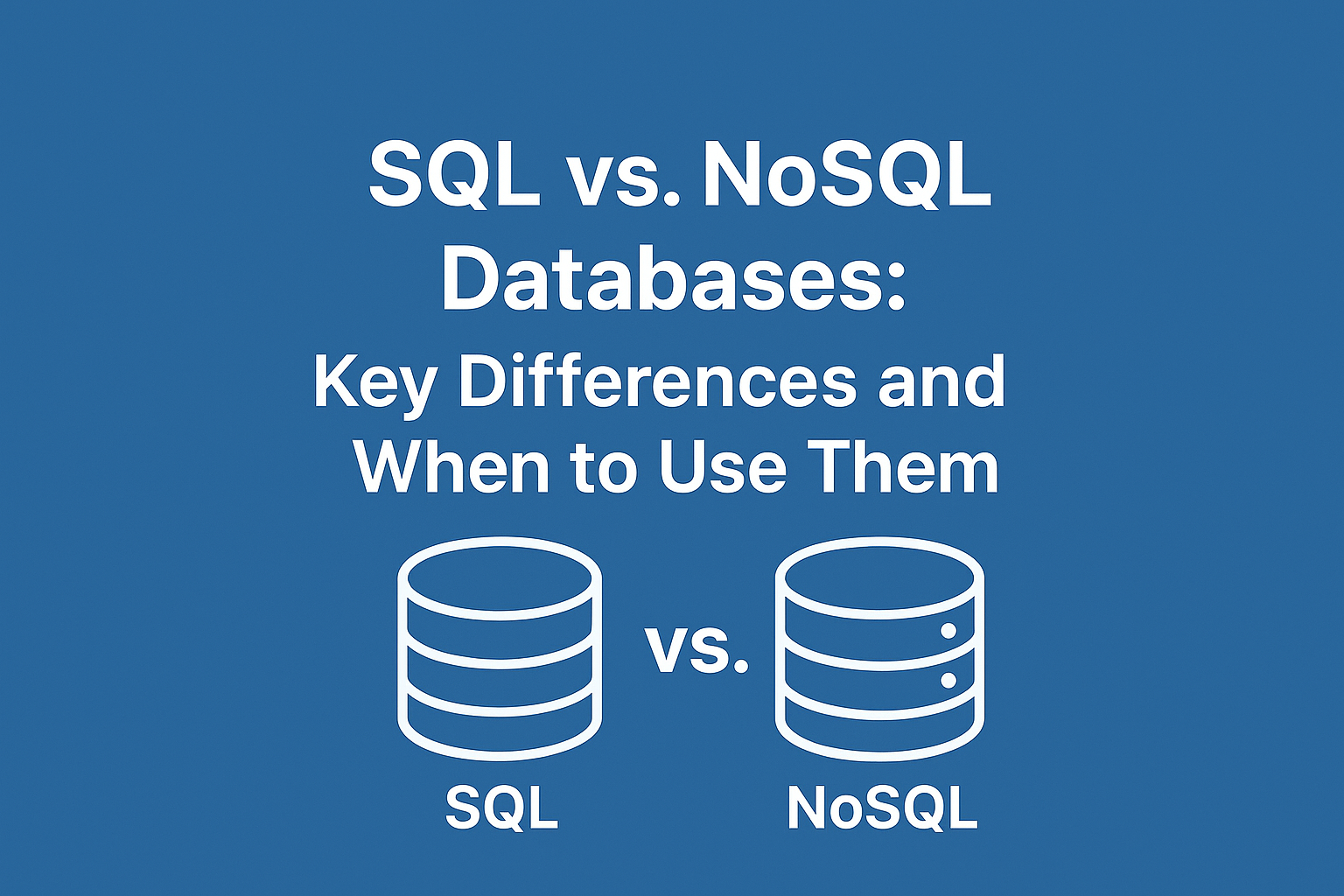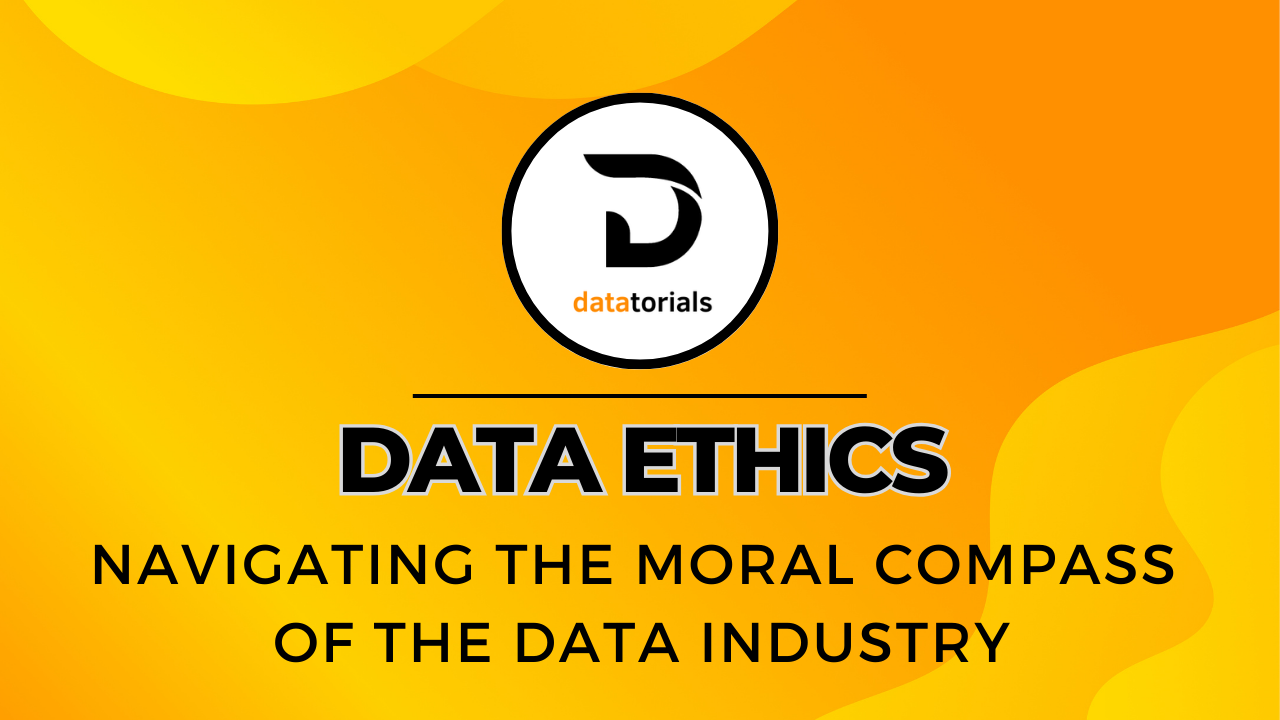Introduction
Artificial Intelligence (AI) has swiftly moved from the realm of science fiction to a driving force of innovation across industries. In the data-driven age, AI is revolutionizing the way we work, live, and interact with technology. This blog explores the transformative impact of AI in various sectors and its promising future.
Healthcare: Enhancing Diagnosis and Treatment:
AI is transforming healthcare by improving diagnostic accuracy, drug discovery, and patient care.
- Diagnostic AI: AI algorithms can analyze medical images, such as X-rays and MRIs, to detect diseases like cancer with greater precision.
- Drug Discovery: AI expedites drug discovery by analyzing vast datasets, predicting potential drug candidates, and simulating their effects.
- Personalized Medicine: AI analyzes genetic and patient data to tailor treatments to individual patients, improving outcomes.
Finance: Revolutionizing Risk Management and Trading:
In the financial sector, AI is redefining risk assessment, fraud detection, and algorithmic trading.
- Risk Assessment: AI models analyze vast financial datasets to assess credit risk and make lending decisions.
- Fraud Detection: AI identifies suspicious transactions in real-time, preventing fraud and enhancing security.
- Algorithmic Trading: AI-powered trading algorithms execute complex strategies at speeds impossible for humans.
Retail: Elevating Customer Experience:
AI-driven personalization and supply chain optimization are reshaping the retail industry.
- Personalized Recommendations: AI analyzes customer behavior to offer personalized product recommendations, boosting sales.
- Inventory Management: AI optimizes inventory levels, reducing costs and ensuring products are always available.
- Chatbots and Virtual Assistants: AI-powered chatbots provide 24/7 customer support, enhancing the shopping experience.
Manufacturing: Streamlining Operations:
AI-powered automation and predictive maintenance improve manufacturing efficiency.
- Predictive Maintenance: AI analyzes sensor data to predict when equipment will fail, reducing downtime.
- Quality Control: AI detects defects in real-time, ensuring product quality.
- Robotic Process Automation: AI-driven robots perform repetitive tasks, increasing productivity.
Transportation: Paving the Way for Autonomous Vehicles:
AI is at the heart of autonomous vehicles, revolutionizing transportation safety and efficiency.
- Self-Driving Cars: AI algorithms process sensor data to navigate roads and make driving decisions.
- Traffic Management: AI optimizes traffic flow, reducing congestion and emissions.
- Predictive Maintenance: AI predicts when vehicles need maintenance, minimizing breakdowns.
Education: Customizing Learning Experiences:
AI personalizes education by tailoring content and assessments to individual students.
- Adaptive Learning: AI analyzes student performance and adjusts learning materials accordingly.
- Early Intervention: AI identifies students at risk of falling behind, allowing timely intervention.
- Efficient Administration: AI automates administrative tasks, freeing educators to focus on teaching.
Energy: Enhancing Sustainability:
AI contributes to sustainable energy practices by optimizing energy consumption and grid management.
- Smart Grids: AI manages electricity distribution efficiently, reducing waste.
- Energy Conservation: AI analyzes data to identify energy-saving opportunities in buildings and industrial processes.
- Renewable Energy: AI forecasts renewable energy generation, helping integrate it into the grid.
Future Possibilities: Quantum Computing and AI Collaboration:
The future of AI holds the promise of even greater capabilities through the synergy with quantum computing.
- Quantum AI: Quantum computers will process complex AI algorithms at unprecedented speeds, unlocking new frontiers in research and problem-solving.
- Advanced AI Applications: Industries can harness quantum AI for more accurate simulations, optimization, and breakthroughs in materials science and drug discovery.
Conclusion: The AI-Powered World Awaits:
AI is not merely a technological advancement; it’s a transformational force reshaping industries and societies. As AI continues to evolve, its potential to solve complex problems, improve efficiency, and enhance our quality of life is boundless. However, ethical considerations and responsible AI development will be critical to ensuring that this AI-powered future benefits all of humanity.

